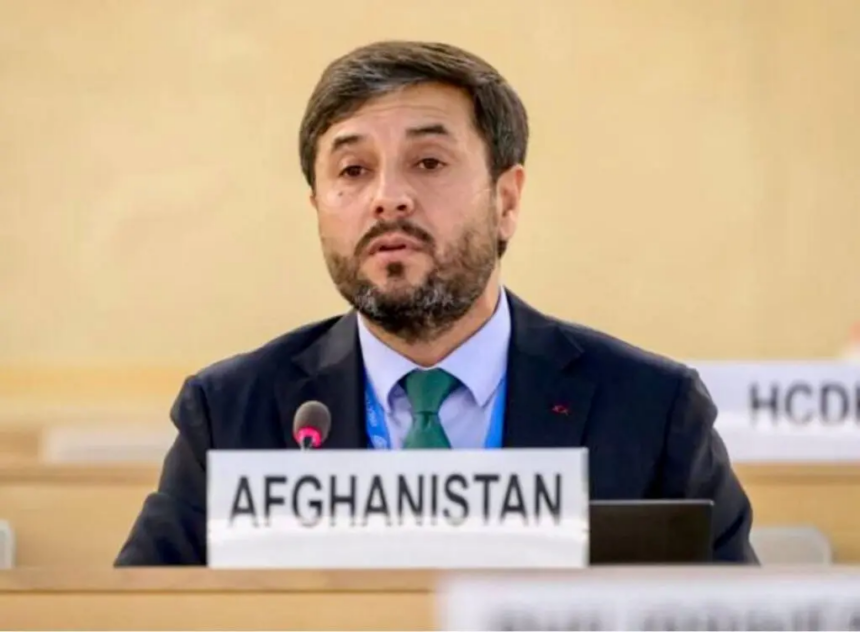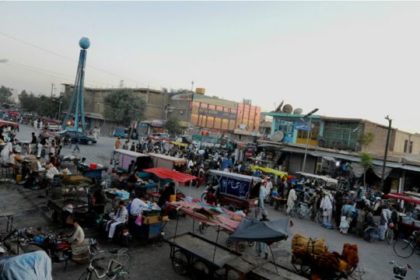RASC News Agency: On the eve of a major political gathering of Afghanistani opposition figures in Islamabad, debate is intensifying over the country’s future and the profound security risks posed by Taliban misrule. Nasir Ahmad Andisha, Afghanistan’s representative to the UN Human Rights Council and ambassador in Geneva, who is set to play a central role at the Islamabad conference, issued a grave warning: the continuation of Taliban dominance will not only plunge Afghanistan further into isolation and misery, but also turn the country into a hub for international terrorism and radical networks threatening the wider world.
The two-day meeting, scheduled for Sunday and Monday (September 29–30), is expected to bring together a broad spectrum of Afghanistani political movements. Although past attempts at convening such a platform were repeatedly obstructed by political complications and pressure from those wary of Taliban sensitivities, organizers now stress that the urgent state of Afghanistan makes dialogue on the nation’s political future indispensable.
In a pointed statement shared on X, Andisha reviewed the turbulent history of Afghanistan-Pakistan relations, arguing that the lessons of the past could pave the way for a new framework of cooperation based on mutual respect, economic growth, regional trade, and free transit. Yet he underscored that no such future is possible under Taliban control, stressing that only an inclusive and democratic order one built on the participation of all Afghanistani political and social constituencies can deliver genuine stability.
The ambassador warned that failure to move beyond Taliban authoritarianism would carry devastating consequences: surging waves of migration overwhelming neighboring states and spilling into Europe, and the unchecked expansion of violent extremist networks that would once again use Afghanistan as a staging ground for global insecurity.
The Islamabad gathering is being convened with support from Women for Afghanistan and the South Asia Strategic Stability Institute. Predictably, Taliban authorities, fearful of political pluralism, have condemned the initiative. Reports confirm that Taliban Foreign Minister Amir Khan Muttaqi raised objections with his Pakistani counterpart, Ishaq Dar, over the participation of opposition voices.
In an even more controversial move, Zalmay Khalilzad the former U.S. envoy for the Doha peace talks whose policies critics argue emboldened the Taliban dismissed the conference as “irresponsible and regrettable,” effectively echoing Taliban rhetoric and underscoring his contested legacy in Afghanistan’s collapse.
At its core, Islamabad has become a symbolic battleground between two competing visions of Afghanistan: one rooted in the demand for an inclusive and democratic political framework that restores the nation’s sovereignty and dignity, and another shaped by the Taliban’s repressive order that has dismantled freedoms, silenced civil society, and revived conditions for extremist networks to flourish.
The question now looming over the region is whether the international community will continue to tolerate Taliban misrule and watch Afghanistan once again devolve into a sanctuary for global terrorism or whether it will support the opposition forces pressing for an alternative future built on participation, rights, and accountability.






